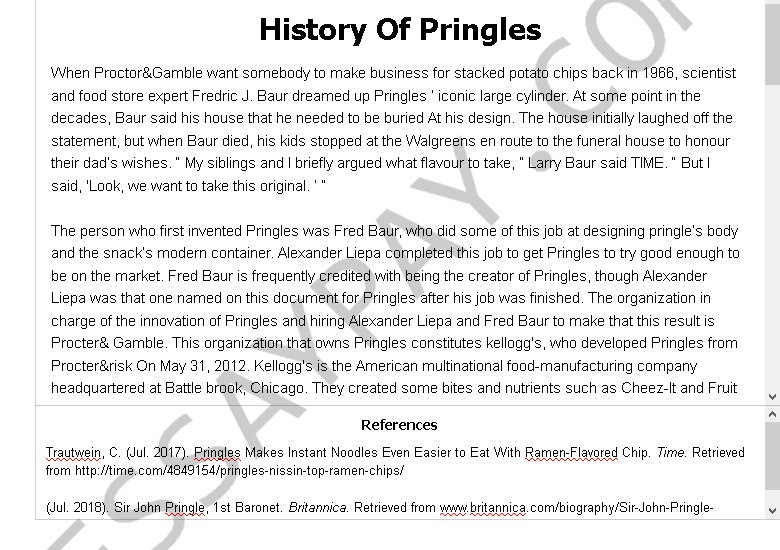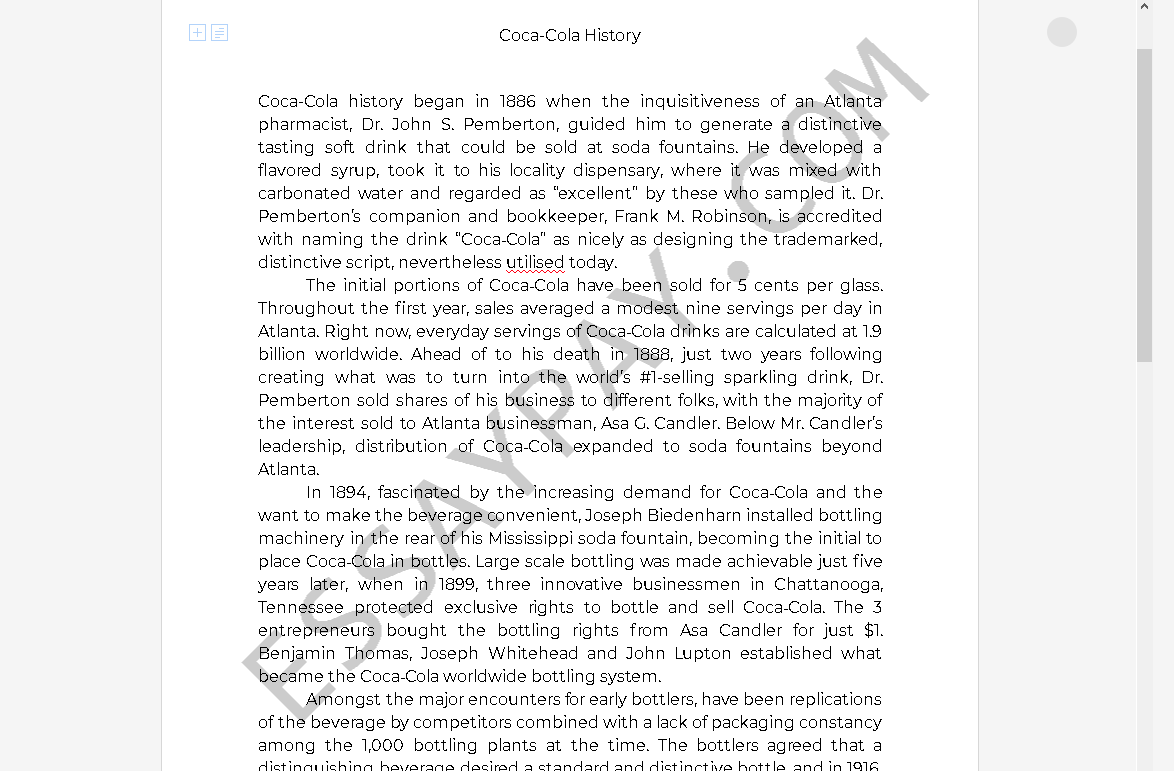
· Writing a history essay requires a lot of work and experience. A student needs to show a high level of knowledge and understanding of historical events, as well analytical and research skills. No wonder many students find it challenging to compose a well-written essay! To achieve success, use the following tips to level-up your writing abilities · A political-economic system with no state, minimal class differences and economic equality. constitutional monarchy. A political system with a monarch whose power is limited and shared with the people. democracy. A political system where the government or parts of it are selected by the people. divine right · Some other history essay tips. Always write in the third person. Never refer to yourself personally, using phrases like “I think ” or “It is my contention ”. Good history essays should adopt the perspective of an informed and objective third party. They should sound rational and factual – not like an individual expressing their opinion
40 Useful Words and Phrases for Top-Notch Essays - Oxford Royale Academy
Last Updated: May 24, References. This article was co-authored by Emily Listmann, MA. Emily Listmann is a private tutor in San Carlos, California. She has worked as a Social Studies Teacher, Curriculum Coordinator, and an SAT Prep Teacher. She received her MA in Education from the Stanford Graduate School of Education words to use in a history essay There are 20 references cited in this article, which can be found at the bottom of the page.
This article has been viewedtimes. Writing a history essay requires you to include a lot of details and historical information within a given number of words or required pages. It's important to provide all the needed information, but also to present it in a cohesive, intelligent way.
Know how to write a history essay that demonstrates your writing skills and your understanding of the material. To write a history essay, read the essay question carefully and use source materials to research the topic, taking thorough notes as you go.
Next, formulate a thesis statement that summarizes your key argument in concise sentences and create a structured outline to help you stay on topic. Open with a strong introduction that introduces your thesis, present your argument, words to use in a history essay, and back it up with sourced material.
Then, end with a succinct conclusion that restates and summarizes words to use in a history essay position! For more tips on creating a thesis statement, read on!
Did this summary help you? Yes No. Log in Social login does not work in incognito and private browsers. Please log in with your username or email to continue. wikiHow Account. No account yet? Create an account. Community Dashboard Write an Article Request a New Article More Ideas Edit this Article.
Courses New Tech Help New Expert Videos About wikiHow Pro Upgrade Sign In. Home Random Browse Articles Courses New About wikiHow Easy Ways to Help Approve Questions Fix Spelling Quiz App More Things to Try We use cookies to make wikiHow great.
By using our site, you agree to our cookie policy. Cookie Settings. wikiHow is where trusted research and expert knowledge come together. Learn why people trust wikiHow. Categories Education and Communications College University and Postgraduate Academic Writing Essays History Essays How to Write a History Essay. Download Article Explore this Article parts. Sample Essay. Related Articles.
Article Summary. Co-authored by Emily Listmann, MA Last Updated: May 24, References. Part 1 of Evaluate the essay question. The first thing to do if you have a history essay to write, is to really spend some time evaluating the question you are being asked. No matter how well-written, well-argued, or well-evidenced your essay is, if you don't answer the answer the question you have been asked, you cannot expect to receive a top mark.
Think about the specific key words and phrasing used in the question, and if you are uncertain of any of the terms, look them up and define them. Do this before you begin conducting your research to ensure that your reading is closely focussed to the question and you don't waste time. Consider what the question is asking you. With a history essay there are a number of different types of question you might be asked, which will require different responses from you.
You need to get this clear in the early stages so you can prepare your essay in the best way. Look at your set essay question and ask yourself whether you are being asked to explain, words to use in a history essay, interpret, evaluate, or argue. You might be asked to do any number or all of these different things in the essay, so think about how you can do the following: Explain: provide an explanation of why something happened or didn't happen. Interpret: analyse information within a larger framework to contextualise it.
Evaluate: present and support a value-judgement. Argue: take a clear position on a debate and justify it. Try to summarise your key argument. Once you have done some research you will be beginning to formulate your argument, or thesis statement, in your head.
It's essential to have a strong argument which you will then build your essay around. So before you start to plan and draft your essay, try to summarise your key argument in one or two sentences. Your thesis statement should clearly address the essay prompt and provide supporting arguments. For example, your summary could be something like "The First World War was a 'total words to use in a history essay because civilian populations were mobilized both in the battlefield and on the home front".
Make an essay plan. Once you have evaluated the question, you need to draw up an essay plan. This is a great opportunity to organise your notes and start developing the structure which you will use for your essay. When drawing up the plan you can assess the quality and depth of the evidence you have gathered and consider whether your thesis statement is adequately supported.
Pick out some key quotes that make your argument precisely and persuasively. Part 2 of Distinguish between primary and secondary sources. A history essay will require a strong argument that is backed up by solid evidence, words to use in a history essay. The two main types of evidence you can draw on are known as primary and secondary sources. Depending on the essay you are writing, you might be expected to include both of these. If you are uncertain about what is expected be sure to ask your teacher well in advance of the words to use in a history essay due date.
Primary source material refers to any texts, words to use in a history essay, films, pictures, or any other kind of evidence that was produced in the historical period, or by someone who participated in the events of the period, that you are writing about, words to use in a history essay. Secondary material is the work by historians or other writers analysing events in the past.
The body of historical work on a period or event is known as the historiography. Typically a research essay would need significant primary material. Find your sources. It can be difficult to get going with your research. There may be an enormous number of texts which makes it hard to know where to start, or maybe you are really struggling to find relevant material.
In either case, there are some tried and tested ways to find reliable source material for your essay. Start with the core texts in your reading list or course bibliography.
Your teacher will have carefully selected these so you should start there. Look in footnotes and bibliographies. When you are reading be sure to pay attention to the footnotes and bibliographies which can guide you to further sources a give you a clear picture of the important texts. Use the library. If you have access to a library at your school or college, be sure to make the most of it.
Search online catalogues and speak to librarians, words to use in a history essay. Access online journal databases. If you are in college it is likely that you will have access to academic journals online. These are an excellent and easy to navigate resources. Try using free scholarly databases, like Google Scholar, which offer quality academic sources, but avoid using the non-trustworthy websites that come up when you simply search your topic online.
Avoid using crowd-sourced sites like Wikipedia as sources. However, you can look at the sources cited on a Wikipedia page and use them instead, if they seem credible. Evaluate your secondary sources. It's very important that you critically evaluate your sources. For a strong academic essay you should be using and engaging with scholarly material that is of a demonstrable quality.
It's very easy to find information on the internet, or in popular histories, but you should be using academic texts by historians. If you are early on in your studies you might not be sure how to identify scholarly sources, so when you find a text ask yourself the following questions: Who is the author? Is it written by an academic with a position at a University?
Search for the author online. Who is the publisher? Is the book published by an established academic press? Look in the cover to check the publisher, if it is published by a University Press that is a good sign.
10 Words to Use in Your Essay to Impress the Reader
, time: 5:52How to Write a History Essay (with Pictures) - wikiHow

· Some other history essay tips. Always write in the third person. Never refer to yourself personally, using phrases like “I think ” or “It is my contention ”. Good history essays should adopt the perspective of an informed and objective third party. They should sound rational and factual – not like an individual expressing their opinion · Writing a history essay requires a lot of work and experience. A student needs to show a high level of knowledge and understanding of historical events, as well analytical and research skills. No wonder many students find it challenging to compose a well-written essay! To achieve success, use the following tips to level-up your writing abilities · A political-economic system with no state, minimal class differences and economic equality. constitutional monarchy. A political system with a monarch whose power is limited and shared with the people. democracy. A political system where the government or parts of it are selected by the people. divine right

No comments:
Post a Comment